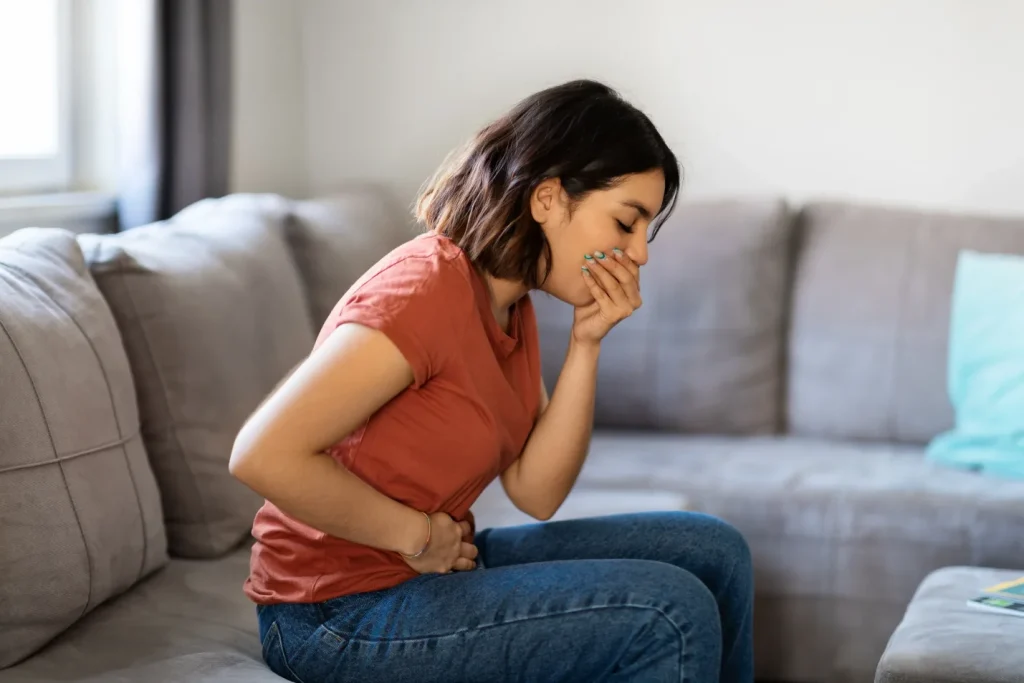It’s never fun to get sick from food. You’re having a feast one afternoon, only to experience stomach cramps, nausea, or worse the minute you get home. Food poisoning can occur anywhere—at a restaurant, a party, or even from something you purchased in the store.
Having information on what to do when you become ill is not only useful for your health, but also if you want to file a complaint and pursue legal action. If you need assistance from someone familiar with these cases, you can speak with a nationally ranked food poisoning attorney.
First, Take Care of Your Health
The first thing to do is take care of your body. Food poisoning usually leads to vomiting, diarrhea, abdominal cramps, and fever. These will normally subside within a few days, but can be severe, particularly for young children, older adults, or individuals with other medical conditions.
Start by drinking plenty of water to stay hydrated. Your body loses fluids quickly when you have vomiting or diarrhea. Clear liquids like broth or electrolyte drinks can help too. If you can’t keep liquids down or feel worse after a day or two, it’s best to see a doctor. They can check if you need medicine or other help to recover.
You might also like: A fresh take that complements what you just read.
Know When to Get Legal Help
Sometimes food poisoning is more than a bad meal. If the illness was brought on by someone else’s negligence—such as improper handling of foods or unclean kitchen appliances—you might consider seeking legal counsel.
Legal professionals familiar with the regulations regarding food safety are aware of how to hold perpetrators accountable. They can assist if you wish to report the case, obtain assistance with medical expenses, or protect other individuals from becoming ill as well.
Save Proof and Details
If you think food caused you to become ill, write down as much as you can remember. Try to remember where and when you ate, what foods you ate, and when the symptoms began. If you have some of the food left at home, do not dispose of it—keep it stored in the fridge in case it has to be tested later.
You also need to retain any receipts or photographs of foods, packaging, or surroundings that appeared unsafe. If you saw a doctor, retain all of your records and bills. Evidence of this sort can be useful if you are considering making a report or seeking legal assistance.
Report the Illness
Informing the right people about the event can also prevent others from becoming ill. You can call your state’s food safety division or local health department. They tend to investigate instances of foodborne illness, particularly if other people could have been harmed from the same source.
For overall information regarding food safety in the United States, you may check out the Centers for Disease Control and Prevention (CDC). The U.S. Food and Drug Administration (FDA) is another useful link that monitors food safety regulations and updates.
Stay Aware for the Future
Once you have recovered, it’s helpful to become more familiar with how foodborne illness can be avoided. This involves reading food labels, ensuring that food is properly cooked, and being able to recognize the signs of rotten food.
Food poisoning is a serious matter, and you should act fast—for yourself and for the health of others. Doing the right thing will allow you to recover sooner and ensure the issue does not recur.
Looking for more insights? Dive into our latest posts before you leave!







